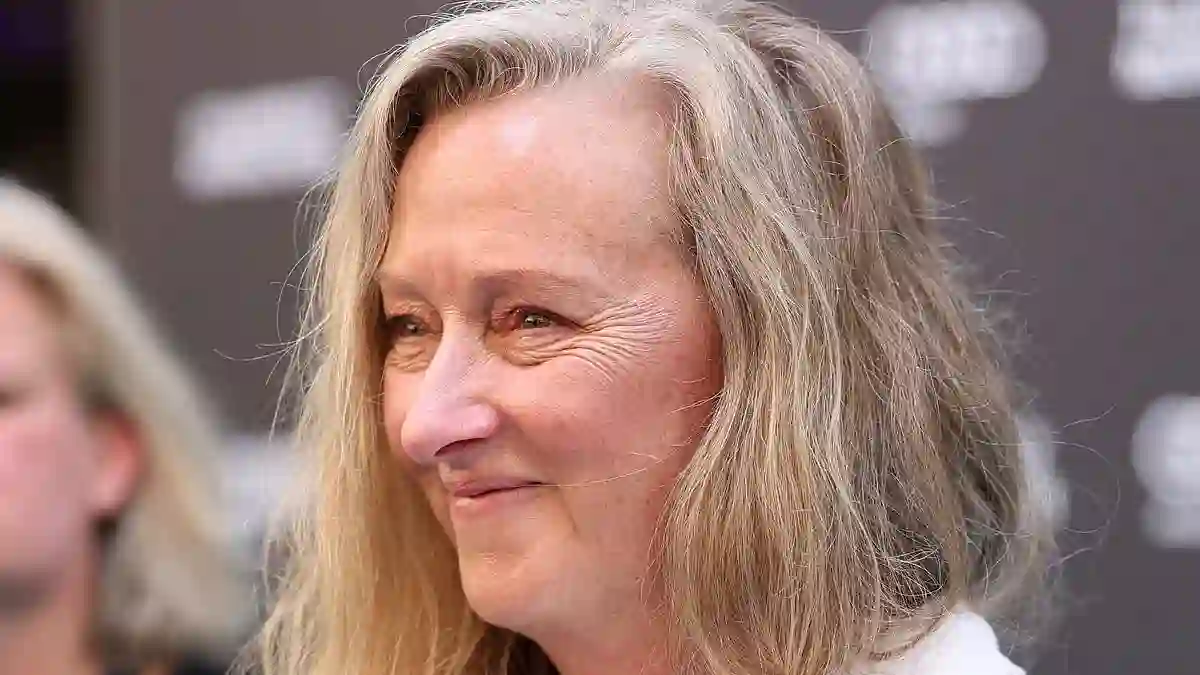When The Salt Path was first released in 2018, readers were swept away by Raynor Winn’s emotional story of resilience, homelessness, and a 630-mile journey along the South West Coast Path.
It was inspiring, raw, and—according to recent revelations—not quite the whole truth.
Now, as a film adaptation brings the bestselling memoir back into the spotlight, accusations of deception, theft, and cover-ups have left fans and the family of a former associate deeply upset.
Family of Alleged Victim Says the Scandal “Destroyed Him”
Raynor Winn—whose real name is Sally Walker—has admitted to what she calls “deep regret” over financial mistakes made during her time working for businessman Martin Hemmings, who ran an estate agency before his death.
But his family doesn’t see it as a simple error.
Speaking from her remote cottage in Wales, Hemmings’ daughter Debbie said bluntly:
“He felt he was ripped off by her, which he was.”
She described how her father was devastated by the situation, feeling betrayed and let down.
While Debbie says she’s “parked it” emotionally, she acknowledged her mother, Ros, still holds anger over what happened.
Winn Claimed It Was a Pressured Time — But Was It a Mistake or More?
Winn has maintained that the incident, which allegedly involved £64,000 going missing, happened during a period of chaos in the business leading up to the 2008 financial crash.
She claims errors were being made across the board and said she was sorry for any part she played.
But for Hemmings’ friends and family, that explanation doesn’t feel like enough.
A close friend of Ros Hemmings told MailOnline that while they’re grateful the money was eventually paid back, the emotional damage was long-lasting.
“It absolutely destroyed him,” Ros later told The Observer, describing her late husband as a “very trusting, kind person.”
Was the Memoir Leaving Too Much Out?
One of the biggest sources of backlash has been the contrast between Winn’s memoir and the version of events now emerging.
In The Salt Path, she says the couple lost their Welsh farmhouse after investing in a friend’s failed business and subsequently lost a legal case.
However, an investigation by The Observer uncovered allegations that she had actually embezzled money from Hemmings’ company, was arrested, and later helped repay the money with the aid of a private loan.
That unpaid loan, according to reports, ultimately led to the house being repossessed.
Winn firmly denies that this real-life financial scandal had anything to do with the court case or story described in her book.
Questions Also Raised About Husband’s Illness
As if the financial controversy wasn’t enough, The Salt Path has also come under scrutiny over Raynor’s account of her husband Moth’s illness.
In the book, she describes how Moth was diagnosed with corticobasal degeneration (CBD)—a rare, progressive neurological condition with a life expectancy of 6–8 years post-diagnosis.
However, Moth has now lived with the diagnosis for 18 years and appears to show no visible symptoms, leading some to question how the condition has been portrayed.
Winn says she’s “devastated” by any suggestion that Moth’s diagnosis was fabricated or exaggerated.
She insists that the story of their journey and struggle was told in good faith.
Film Release and Red Carpet Appearances Stir Up More Controversy
The release of the film version of The Salt Path—starring Gillian Anderson and Jason Isaacs—has reignited public attention.
The Winns appeared alongside the actors at the London premiere, smiling for cameras on the red carpet.
But as the film’s reach grows, so do questions about the narrative it’s built on.
The memoir, once heralded as a “life-affirming true story,” is now under fire for possibly omitting key truths about the couple’s past—particularly the reason they became homeless in the first place.
What the Book Claimed Versus What’s Now Alleged
In The Salt Path, Winn writes:
“We lost. Lost the case. Lost the house.”
The story then follows her and Moth as they set off on their epic walk, camping wild and surviving on just £40 a week.
It’s a journey of emotional healing and reconnection with nature—and one that inspired thousands.
But The Observer alleges that instead of losing their home due to a bad investment, the property was sold after they failed to repay a private loan used to quietly resolve the alleged embezzlement case.
The implication is that the book’s central story may have been built on a different version of events.
A Complicated Legacy for a Once-Beloved Memoir
Raynor Winn has not denied that mistakes were made—but she strongly contests any claims that she fabricated the heart of The Salt Path.
Still, for the Hemmings family and others who knew the backstory, the omission of such major events feels like a betrayal.
To them, it’s not just about a book—it’s about the pain and trust that were left out of the spotlight.
As the film continues to find an audience, so too does this controversy.
And for a memoir that once prided itself on honesty, the revelations have sparked a debate about truth, storytelling, and what authors owe their readers.
